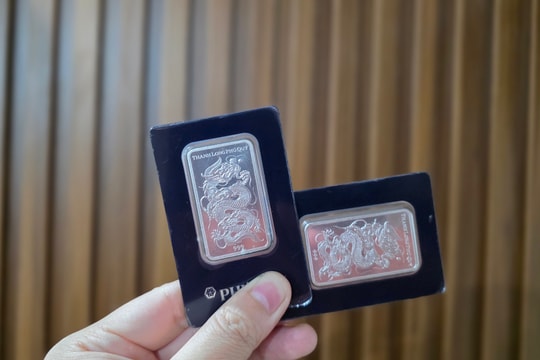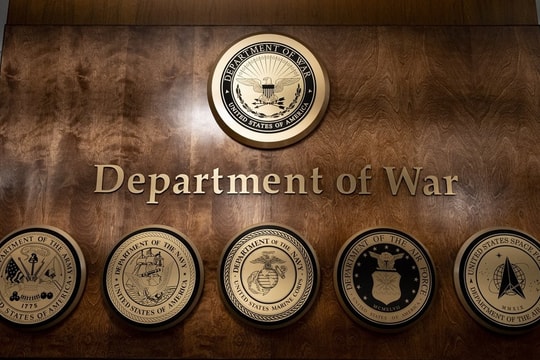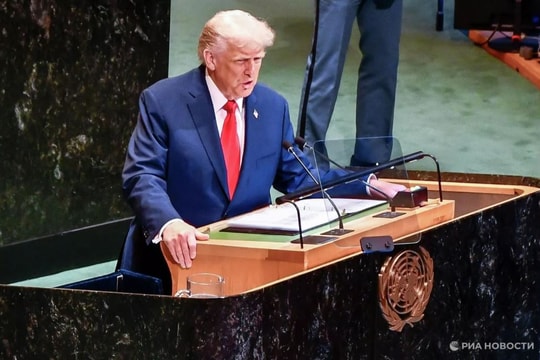FBI: China is a real danger to US security
(Baonghean.vn) - Director of the US Federal Bureau of Investigation (FBI) Christopher Wray said that, in many ways, China is the biggest, most complex threat and the country with the longest-running counterintelligence campaign in the US.
During a hearing on October 10 before senators of the Homeland Security Committee, FBI Director Christopher, when comparing the dangers of Russia and China to the US, said: "Russia is struggling in many ways to continue to exist after the collapse of the Soviet Union. This country is fighting a war today. China is fighting a war tomorrow."
US Homeland Security Secretary Kirstjen Nielsen said China is making unprecedented efforts to influence US public opinion. However, Ms. Nielsen admitted that US agencies "have not recorded any efforts from China to sabotage US election infrastructure."
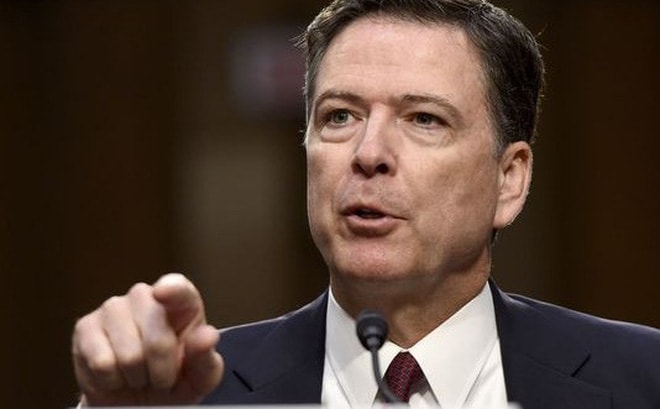 |
| FBI Director Christopher Wray. Photo: Getty Images |
Recommendations for the Trump Administration
Senators on the US Homeland Security Committee held the hearing to clarify a speech by Vice President Mike Pence last week, in which he said that Russia's interference in the 2016 presidential election was "not as dangerous" as China's interference campaign against the US.
The US Congressional-Executive Commission on China (CECC) has just released its annual report amid increasingly tense relations between Washington and Beijing, affirming that commitment to the rule of law is "the foundation for cooperative alliances and security partnerships, for multilateral exchange mechanisms, for free trade and investment".
“Any effort to rethink the US administration’s approach to China should emphasize adherence to international norms and comparable US economic and security interests,” SCMPciting CECC report.
The CECC was established in 2000 to conduct public hearings and issue annual reports to the US Congress and the president on China-related issues. The agency is currently headed by Republican Senator Marco Rubio.
The CECC report recommended that the Trump administration continue to pressure Beijing to end China's "harmful policies" that harm US trade.
"The relationship between China and the United States is very tense in many areas," Republican Senator Chris Smith said at a CECC press conference on October 10, referring to the trade war between the two countries and the tense situation in the East Sea. However, he said that a part of the Chinese government has shown signs of being ready to bring the relationship back to normal.
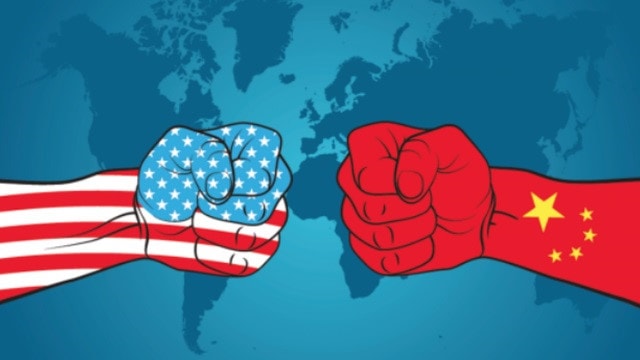 |
| The US-China war is becoming increasingly tense. Illustrative photo |
China is a strategic competitor of the United States.
Speaking on October 4, Vice President Mike Pence reiterated President Donald Trump’s earlier accusation that China was seeking to interfere in the US midterm elections. Observers have repeatedly raised this concern, but Beijing has strongly denied it.
Mr. Pence also criticized China for its militarization of the East Sea, accusing Beijing of enticing three Latin American countries to sever ties with Taiwan and implementing "debt-trap diplomacy" to expand its influence.
However, the US vice president did not give any options to show how Washington would deal with the above issues.
“This is the first US administration to explicitly name China as a strategic competitor in its national security and military strategy document released last year,” David Shambaugh, a China scholar at George Washington University, told the South China Morning Post.
"Former President George W. Bush called China a strategic competitor during his campaign, but as president he stopped using the term. America competes with China in almost every area rather than cooperating, but we will cooperate whenever possible," Shambaugh said, referring to North Korea and security in the Western Pacific.
During a recent visit to New York, Chinese Foreign Minister Wang Yi said the US had made a “serious misjudgment” in accusing Beijing of attempting to usurp Washington’s position and seeking global dominance. Wang warned that Washington’s suspicion could harm US interests in the future.





